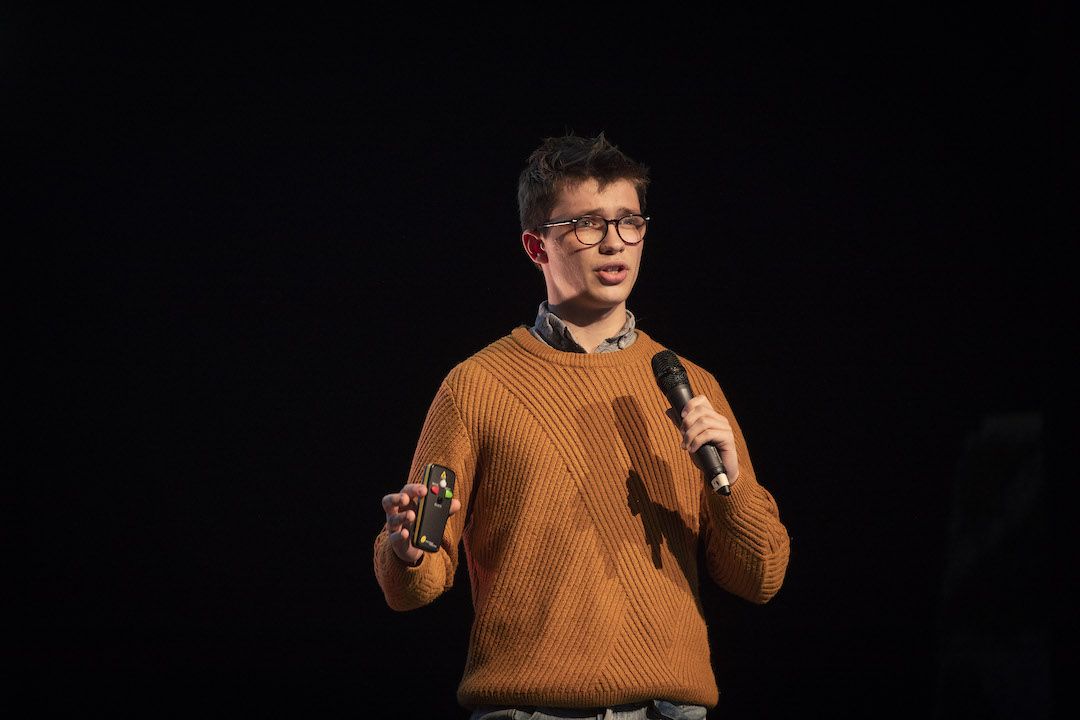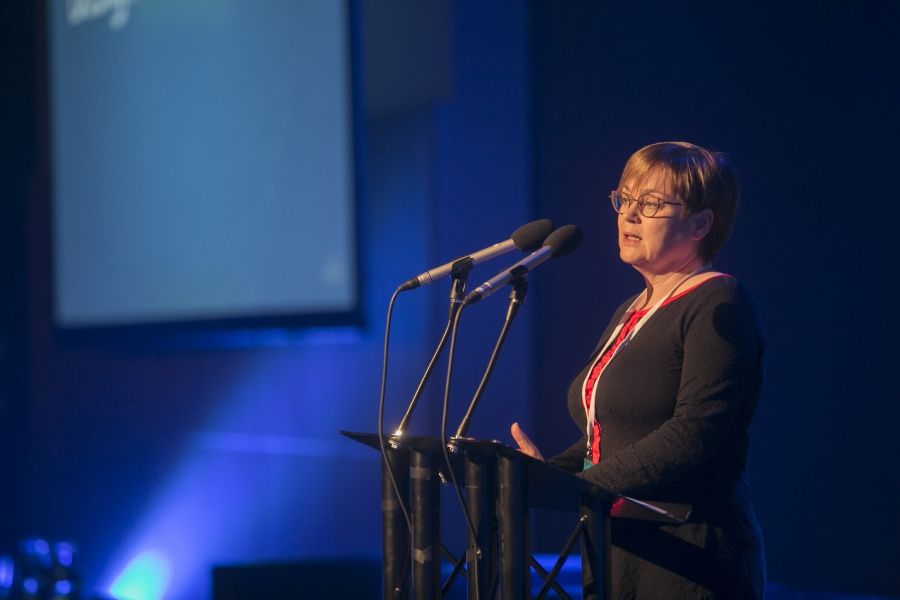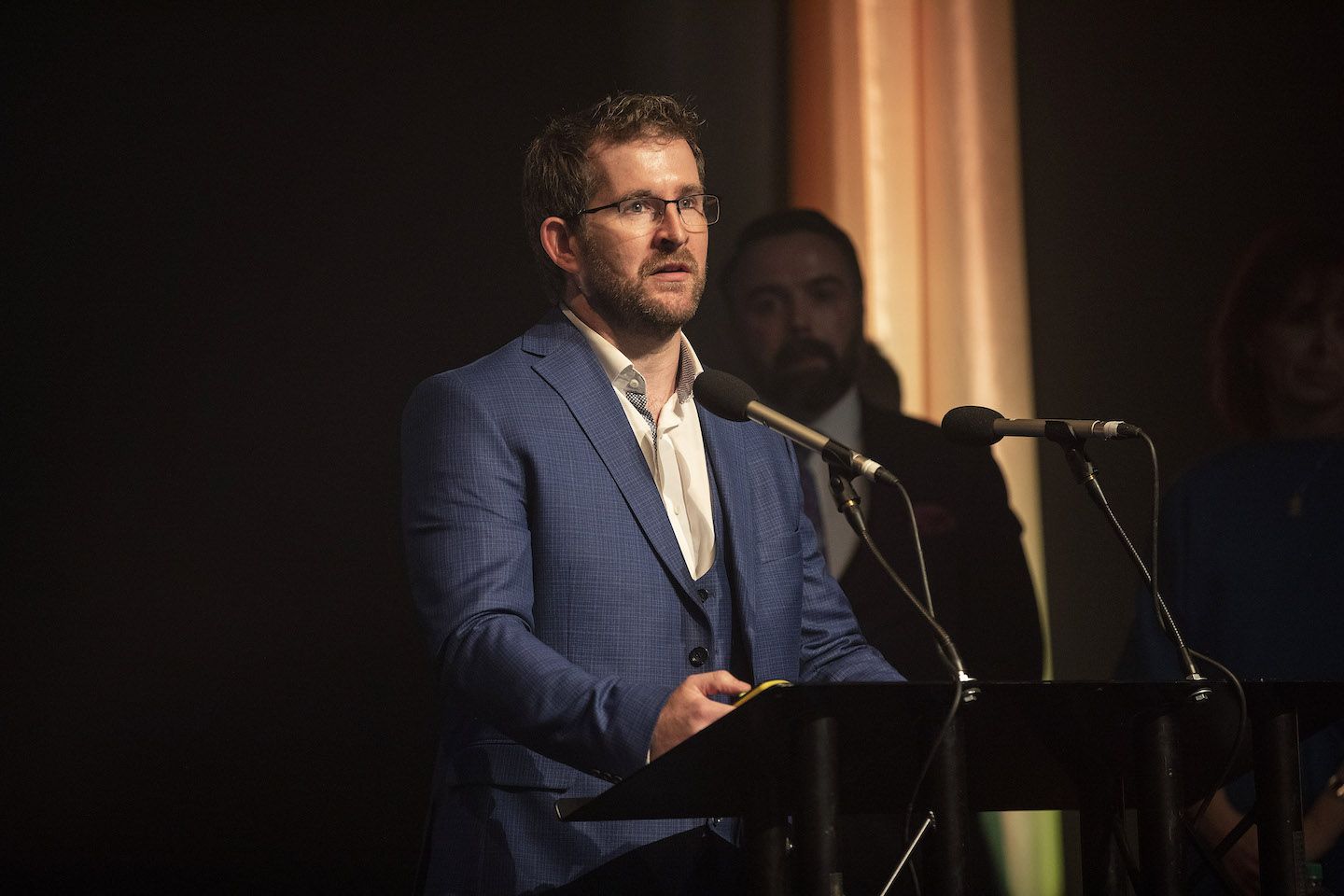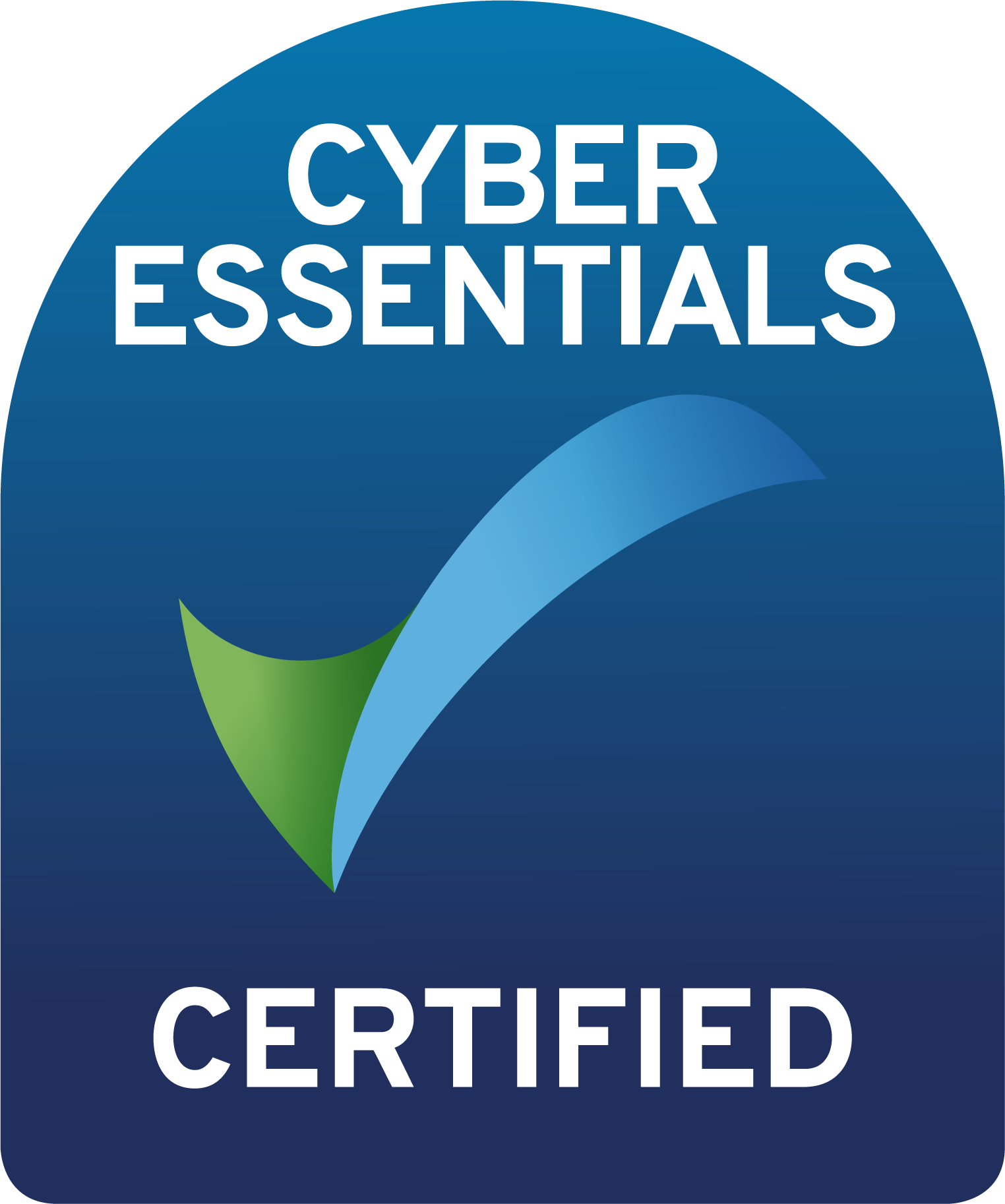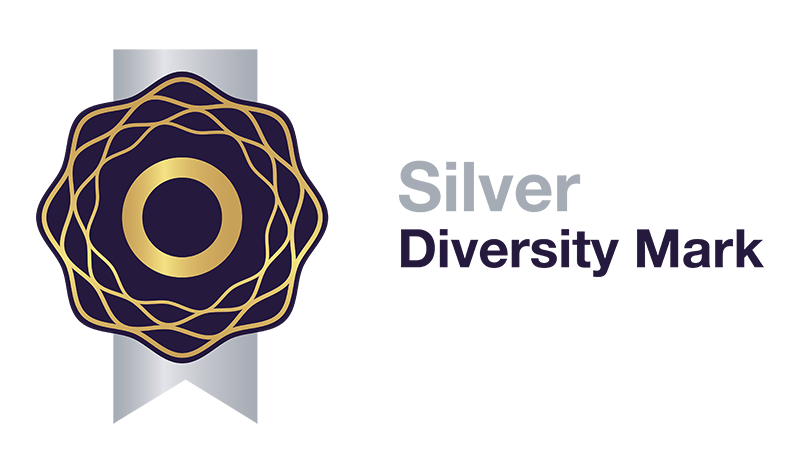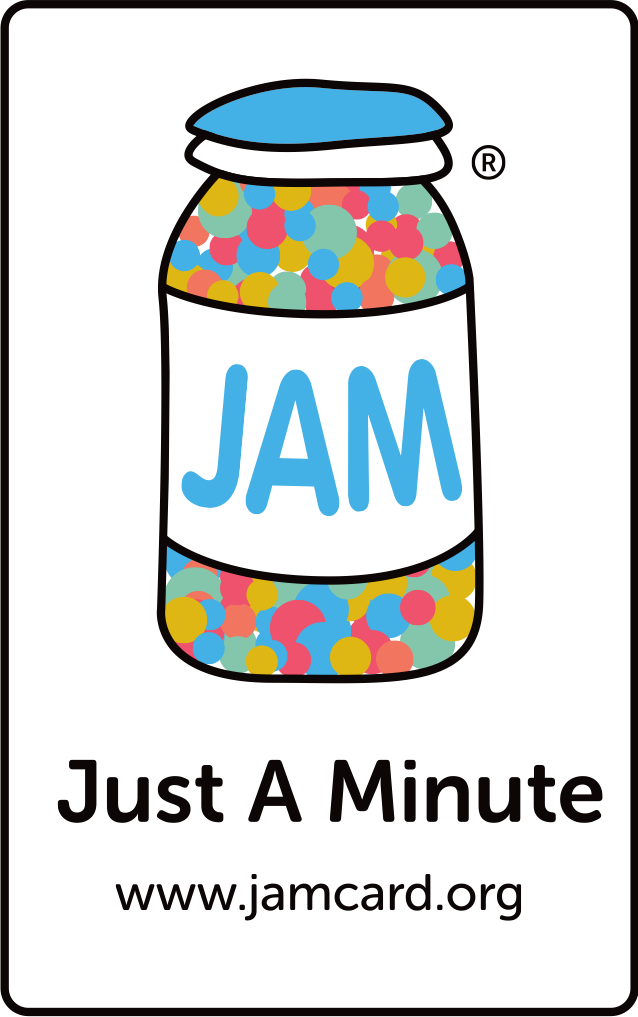Digital Identity – Kevin Gannon
Contributed by Kevin Gannon, Solutions Architect at PwC When I was approached to write this column on digital identity, I was initially […]
December 4, 2018
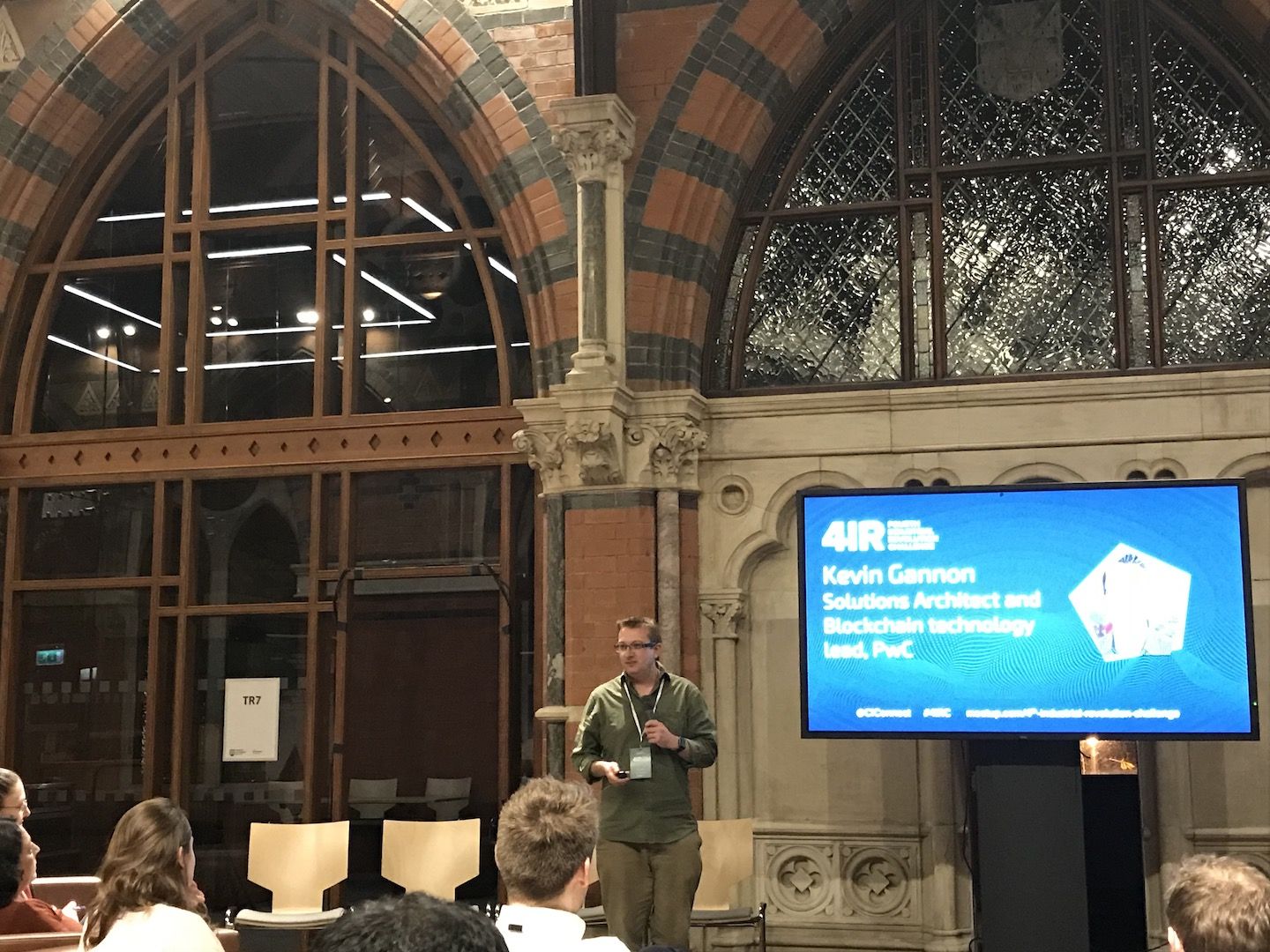
Contributed by Kevin Gannon, Solutions Architect at PwC
When I was approached to write this column on digital identity, I was initially drawn toward the technology enablers. How digital identity and decentralisation can give people the freedom to reclaim their identity, their data, to have ownership. But, we’ll get to that.
Taking a step back and looking at my own digital identity, I email, tweet, share photos, transfer money, I even buy my wine online. I do worry about identity fraud though. From someone hacking into my Gmail or Twitter account and impersonating me, from Cambridge Analytica analysing and maybe selling my data, to those who might break into my online banking and steal my money or worse yet, those who might change my case of Malbec to a Merlot…
In mentioning fraud and impersonations, I should share that there are many other Kevin Gannons out there. Loads. And sometimes, I get signed up (using my own email address) for sites that I didn’t sign up for. I often receive shared photos from a Kevin Gannon who frequents somewhere in Mid-West USA to spend Thanksgiving with friends. And just a few times, I’ve received contracts for a Kevin Gannon who is a former NYPD detective and now supports crime show production. But I am none of those Kevins. To coin a phrase from the Greatest Showman – “This is me.” But has online or digital identity blurred the lines and made it easier for me to actually defraud other Kevin Gannons? I would hope that with the emergence of new technologies, cybersecurity, encryption and privacy laws and regulations, that we as individuals are more protected online. But I understand that this has not always been the case.
As someone who embraces technology with open arms, I have been a big fan of the idea that I could have a single portfolio (or wallet, if you will) containing my various “identities,” from my birth certificate and passport through to my Computer Science degree and gym membership. (Ok, you got me, even with my own digital identity, I couldn’t prove that I go to the gym.)
But this really got me thinking, could this be more of a trust play? Having such a wallet would enable me to prove who I am, to show people they can trust me, and on the flip side, that I can trust them. When I go to open a bank account, the bank demands certain evidence from me. If I were to be operated on by a surgeon, shouldn’t I be able to demand evidence that she knows how to fix a broken leg, knows the right amount of anesthetic to dish out, or indeed if she is actually a doctor (of medicine)? I certainly think that we are moving in that direction.
Does this open the door to a Big Brother state? Should I be worrying about a government tracking my every movement? Being a big movie fan, I do think back to movies like Enemy of the State, with satellites following people around, government agencies tapping into phone conversations etc., and when in the backdrop of a “Privacy bill,” the lead character’s wife questions, “And who will monitor the monitor of the monitors?”
As a blockchain enthusiast, I would hope that blockchain’s openness and transparency could be the answer.
New technologies being embraced, like blockchain, should and will enable this. Applications (or indeed ecosystems) built using distributed ledger technology, secured by digital signatures, offer the promise of increased transparency and increased protection to not only institutions but to individuals too. Being able to have ownership of our data, and in effect our identity, hopefully gives us back a lot of power that has seemingly slipped away from us over the years. Equally it raises new questions: “Are we ready to own our own identity?”, “Can our new shiny digital wallet get hacked?”, or “What if I lose it, can I get it back?” Let’s find out.
